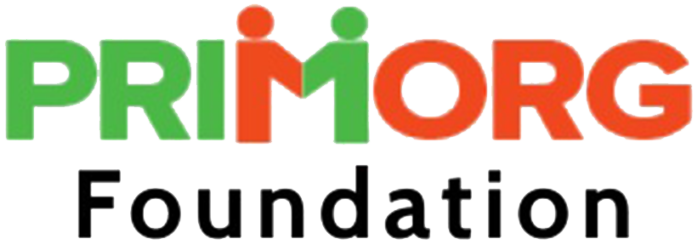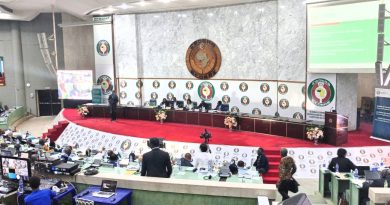Stakeholders Advocate Electoral Reforms, Urge Nigerians To Hold NASS Accountable
Oru Leonard
The Inter-Party Advisory Council, IPAC, and Centre for Transparency Advocacy, CTA, have joined calls for immediate and all-inclusive electoral reforms in Nigeria owing to gaps in the conduct of the 2023 general and off-cycle elections.
The stakeholders also called on members of the National Assembly to ensure the current electoral laws are reviewed to address existing inadequacies while urging citizens to follow up on their lawmakers.
The latest advocacy for electoral reform came during an anti-corruption radio programme, PUBLIC CONSCIENCE, produced by PRIMORG, on Wednesday in Abuja.
IPAC’s National Chairman, Sani Yabagi, while underscoring the importance of another round of reforms, blamed the past National Assembly for the gaps in the 2022 Electoral Act, adding that “attention of Nigerians should be on the lawmakers who are culprits of the challenges Nigeria is having with its electoral laws.”
Yabagi emphasized that Nigeria must prioritize fixing issues using Bimodal Voter Accreditation (BVAS), provide clarity on electronic transmission of results, and ensure election disputes are concluded before swearing in the winner of any election.
He also stressed the need for the appointment of the Independent National Electoral Commission (INEC) to be reviewed.
“We must bring about reforms, and we must think in that area and clarify that.INEC must transmit election results.
“We shouldn’t allow people to be sworn in when there are still court cases against them, and then we go ahead to swear them in. It is, in the first instance, an illegality.
“The president of the country appoints the Chairman of INEC, National Commissioners, and Electoral Officers at the state level, and you expect them to work against their employer? You can’t expect INEC to stand up against their employer, forget about the name Independent Electoral Commission,” Yabagi said.
He expressed confidence in President Bola Tinubu’s administration to support growing calls for electoral reforms, noting that “President Tinubu is a democrat, and I expect him to be at the forefront of strengthening electoral laws in Nigeria.”
Similarly, the Executive Director of the Centre for Transparency Advocacy (CTA), Faith Nwadishi, identified the failure of the National Assembly to play their constitutional roles and the lack of internal party democracy as some of the significant bottlenecks of democracy in Nigeria.
She posited that the current advocacy for electoral reforms must address the president’s absolute power in appointing INEC leadership, unbundling the election body and bringing more election offenders to book by establishing the Election Offences Commission.
Nwadishi stressed that Nigeria needs a strong National Assembly to check excesses of politicians and strengthen electoral processes, urging Nigerians to beam their searchlight on the activities of legislators, not only INEC.
“There is no perfect electoral system anywhere. It depends on how the people put in different positions behave.
“If Nigerians talk about the role of the National Assembly as much as they talk about the role of INEC, security officials and the Judiciary, the National Assembly will know that they’re on the hot seat, but instead, they go back to their villages, and they give them chieftaincy titles.
We (Nigerians) should do more giant billboards for the National Assembly than we did for the judiciary and write ‘all eyes on the National Assembly’ because they’re just relaxed. They are not doing anything,” Nwadishi lamented.
Public Conscience is a syndicated weekly anti-corruption radio program PRIMORG uses to draw government and citizens’ attention to corruption and integrity issues in Nigeria.
The program has the support of the MacArthur Foundation.




